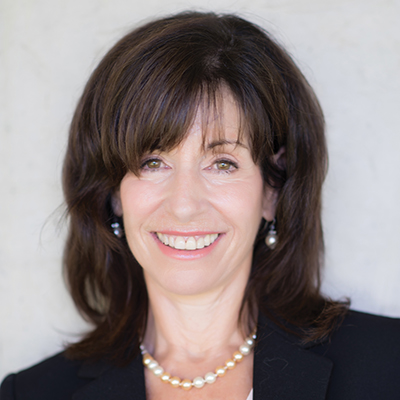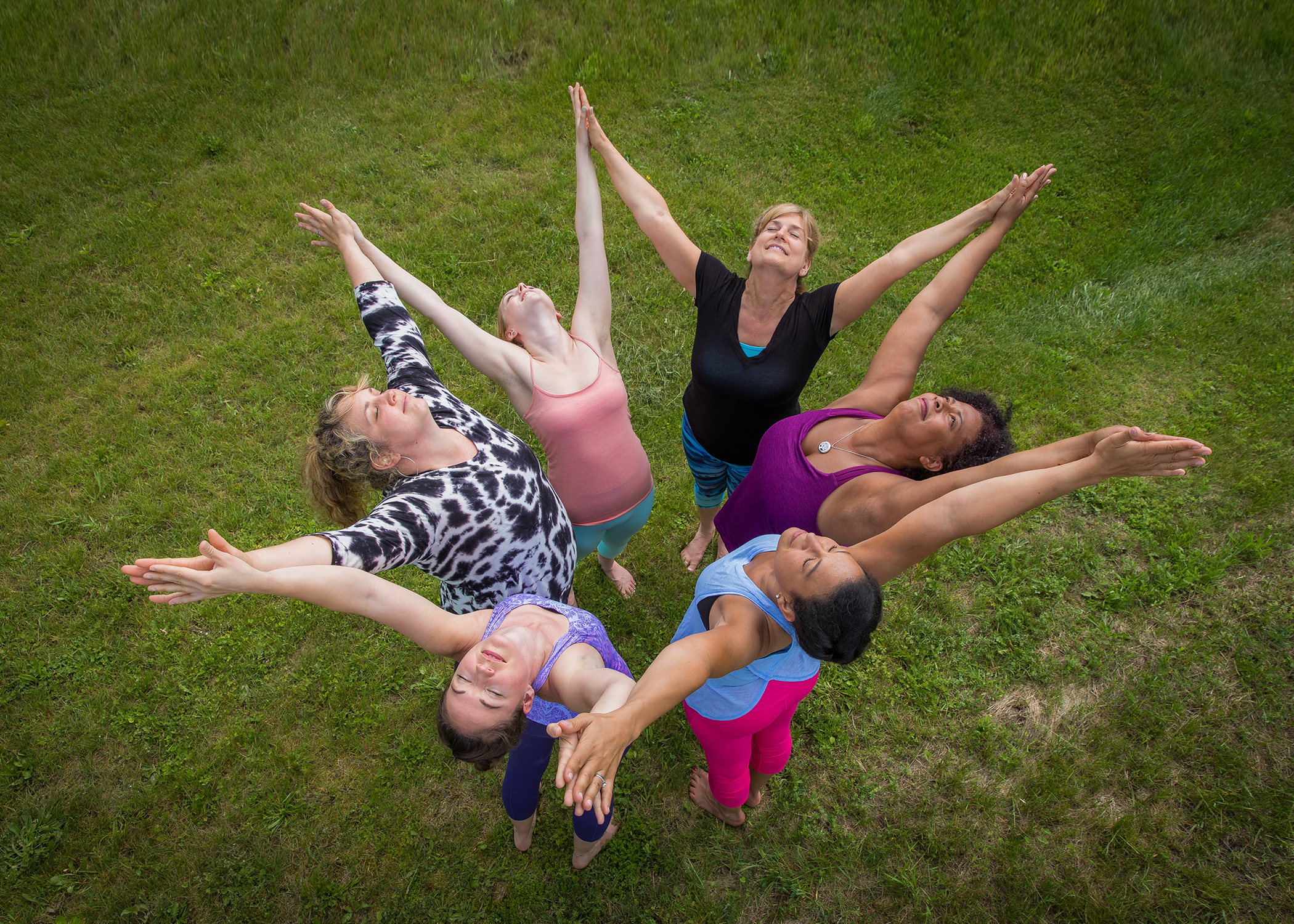As human beings and organizational leaders, we embody a contradiction: On one hand, connecting to one’s own authority is at the heart of courageous leadership. On the other, we are all subject to the human condition in our society of being silenced: We have had our voice diminished, we have doubted our voice (perhaps giving greater weight to the ideas and words of others), and in places, we have lost – or surrendered — our voice. This tension gives rise to two essential questions: How can we express our authentic, powerful voices – as individuals and as leaders? Can we model the practice of creative, expressive, empathic leadership by living it?
Amidst the daily noise of confusing soundbites, we have to work really hard to hear ourselves, while still being conscious of the complexities taking place around us. Our ability to discern in the confusion, in order to act powerfully in the world, begins with connecting with ourselves and hearing the truth – our truth – that lives inside. Right now the world needs us to tap into those deeper truths. Harnessing the power of the human voice is a challenge that resonates throughout history. Discovering the ancient routes to personal power can give us the capacity to navigate through the confusion to find, speak, and act upon our truths.
In yoga, the body is the conduit to self-realization and authentic expression. (The body can be the obstacle, too, of course.) Through an ancient system of chakras – vortexes of embodied power — different areas and parts of the body are connected with different human experiences.
The throat chakra is considered the seat of expressing authentic voice and speaking truth; the voice, obviously, is the prime source for self-expression and communication. Yet big, powerful emotions, which we can experience as overwhelming or intimidating, can shut down that chakra, effectively choking the passage of passionate expression – and silencing our authentic voice. This is personal for me: As a woman who came of age during the women’s movement, and whose long academic experience includes gendered exclusions that undermined my ability to trust my own voice, I add my voice to the chorus that seeks equal expression and embodied communication. As CEO of Kripalu, North America’s premiere center for yoga and health, I know that the key to unleashing our very contemporary power can be found in ancient yogic practices.
Yet, in the world we inhabit, few processes are at our fingertips to really help us develop the throat chakra, to speak our truths in ways that connect us more deeply to ourselves and to each other. For many of us, this is a lifelong journey of discovery. I believe we can all benefit from the kinds of resources that help us to discover, to hear, to unblock, and to share the power of our unique voices. Often, we seek this growth in formal academic or didactic settings, which can inadvertently encourage conformity over individuality. In this age of heightened polarization, conformity is actually dangerous: So many forces seek to silence us, to have us join the chorus, or provoke reactivity. Each of these stances keep us from the discovery of our truth.
How do we learn to connect with and use our most authentic voice? How do we confidently own, speak, and act on the truths that live inside of us? If didactic settings give us an intellectual map, what is needed for embodiment? We need art of being experiences that invite exploration and the exercise of personal power. These processes must begin with feeling and observing our voicelessness without judgment, in service of self-compassion and ultimately feeling, and freeing, the voice that uniquely lives in our bodies.
This is particularly true for those of us in leadership. Whether we lead in formal or informal roles, our voices matter. Today’s world demands that more of us show up, and speak out, when the situation merits. This is scary. We all need the help of safe spaces to locate, hear, and respond to the truth that wants to be spoken.
Kripalu offers a safe environment that invites us to observe and explore without judgment. Workshops such as the Yoga of Voice invite the use of yoga, movement, meditation, and pure play to free the voice, build confidence and self-expression.
For many of us, this work begins individually, and is then supported by community in which we see ourselves reflected and can begin to voice that which lives inside of us. This coming November, Kripalu’s Women’s Week, “The Revolution Within,” will bring together 300 women of every generation to explore individual and collective power in a community that honors the crossroads of yoga and activism. These and other programs use yogic practices to unlock human potential – the work Kripalu celebrates and cultivates in every workshop, residency and visit.
Kripalu’s resources help people discover and express their individual voices, rekindle their power, and tap anew into their personal potential. Instead of silent suppression, we learn, each of us, to speak our truths in our authentic voices, in ways that connect us to ourselves and the greater community. Early in my tenure as CEO, facing Kripalu’s staff at a Town Hall meeting, I was painfully aware of my own constricted, defensive voice as I publicly acknowledged a mistake in a culture that did not encourage ownership of our imperfections. In that moment, the compassion I experienced for myself freed up an authentically vulnerable voice that spoke to the heart of how all of us are impacted by mistakes. That radical compassion was the only way to free myself, and in turn, offer the possibility for the organization to free itself.
At this moment, and always, we must speak. Our voices are needed. Our authority and our courage can help to change our communities and the world.


